
Assassinio nella cattedrale (Murder in the Cathedral) is an opera in two acts and an intermezzo by the Italian composer Ildebrando Pizzetti. The libretto is an adaptation by the composer of an Italian translation of T.S. Eliot's play Murder in the Cathedral. The opera was first performed at La Scala, Milan on 1 March 1958. The opera was performed for the first time in Canada the following year at the Montreal Festivals.
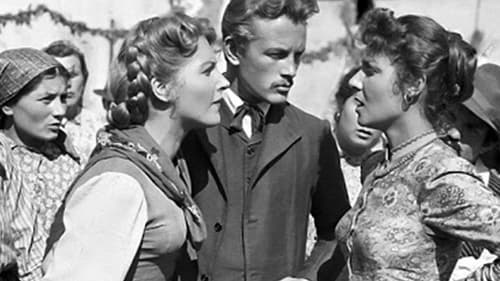
Original Music Composer
In the Po Valley during the 19th century, a rich girl engaged to a well-to-do farmer ends up penniless and is forced to work for her fiancé’s relatives. Peasant unrest, carried to extremes by both workers and landowners, leads to violence and tragedy.
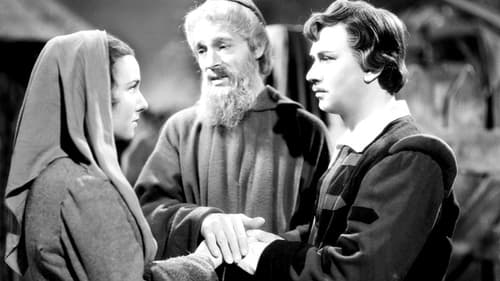
Original Music Composer
Renzo and Lucia's love story is jeopardized by Don Rodrigo, a wicked nobleman, who is interested in Lucia. When she refuses his attentions he has her kidnapped and brought to a convent whose prioress is a nun as wicked as he is. The two youths will have to go through a lot of misfortunes before being reunited and being able to marry.
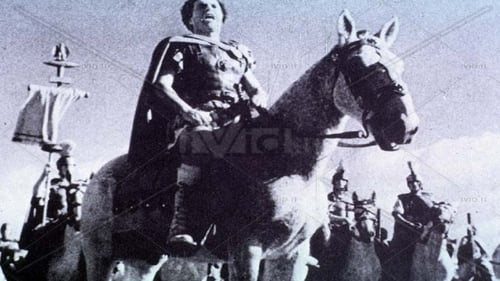
Original Music Composer
A story of the Second Punic Wars, beginning with Scipio's futile pleas to the Roman Senate to build an army to battle Hannibal, that climaxes with the battle of Zama.
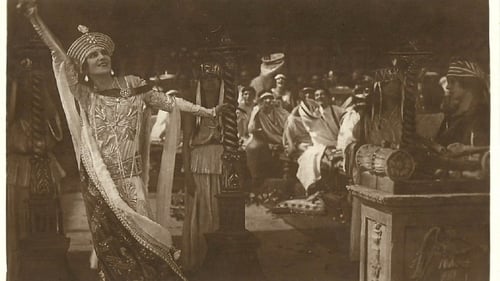
Music
The newly-settled city of Venice in the Sixth Century AD: A wandering people struggle to establish Christian Theocracy. Basiliola Faledro, an exotic dancer, wicked and cunning, arrives from faraway lands seeking to avenge her pagan lineage; Her father and brothers blinded and humilated by frenzied zealots. Her primary targets are the brothers Gràtico, both newly-elected to positions of power: One, Marco, an arbiter and tribune, the other, Sergio, a bishop. The title refers to a bold pronouncement made by Deaconess Ema Gràtico to her subjects the Venetians, a seafaring and desperate tribe-- That their native homeland is aboard a ship.
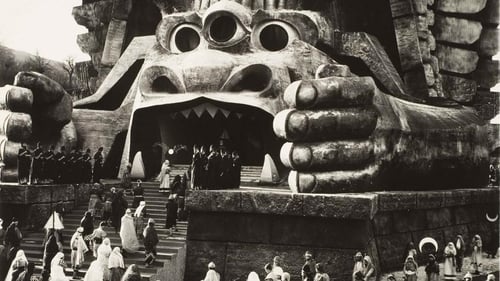
Music
Três séculos antes de Cristo, a jovem Cabiria foi sequestrada por piratas durante a erupção do vulcão Etna. Ela foi vendida como escrava em Cartago e dada como sacrificio para o Deus Moloch. Mas Cabiria foi resgatada por um nobre romano que foge de Cartago. Dez anos depois, durante as guerras punicas ele decide retornar...





